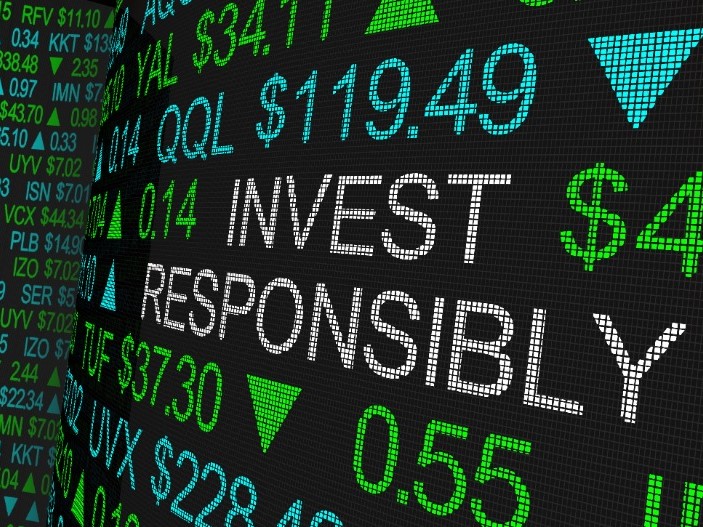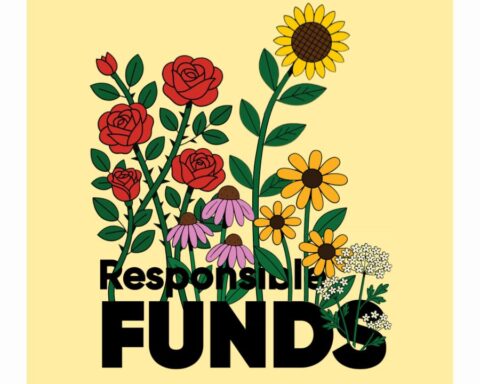For more than a decade, responsible investing in Canada experienced steady upward growth. A new report says that trend has reversed itself in the last two years, as the industry struggles to respond to allegations of greenwashing and a tougher regulatory environment.
The value of portfolios classified as responsible investments (RI) dropped from $3.2 trillion on December 31, 2019, to $3 trillion at the end of 2021, according to the 2022 Canadian Responsible Investment Trends Report published last week by the Responsible Investment Association (RIA).
While a $200-billion drop against $3.2 trillion seems like a modest decline, the fall in RI’s share of total Canadian assets under management (all assets professionally managed for clients) was significant, plunging from 62% of $5.1 trillion in total assets in 2019 to 47% of $6.4 trillion in total assets at the end of 2021.
RIA CEO Pat Fletcher sees this adjustment as a welcome development.
This reclassification reflects an increase in “conscious conservatism” by Canadian asset managers in the absence of industry- or government-regulated definitions, criteria or standards, she says, causing many managers “to err on the side of caution” and strip the “responsible investment” classification from some of their portfolios.
This reverses a 12-year trend by asset managers (stretching back to the financial crash of 2008) to classify large portions of their assets as “responsible” or “sustainable,” even though there are no widely accepted standards for such a classification.
“A few years ago, overall [RI] might have been a mile wide and an inch deep,” Fletcher says. “I would say we’re getting to a world where it’s a mile wide and a mile deep.”
Reclassifying responsible funds
RIA commissioned Environics Research to collect and analyze data for the report, which included responses from 77 asset managers and 13 asset owners. Publicly available data was used for 26 additional organizations that did not complete the survey.
The growing trend to reclassify RI assets is happening around the world as regulators become more conscious of potential greenwashing and move against asset managers who cannot substantiate their responsible or sustainable investment claims.
The Canadian Securities Administrators (the umbrella group for Canadian securities commissions) cited greenwashing concerns earlier this year when it released new guidance for investment funds employing ESG strategies. The guidance requires managers to align their fund’s name and investment objectives, disclose investment strategies, and explain how environmental, social and governance factors are evaluated and monitored.
Canada’s relatively light-touch approach contrasts with much bolder action in the U.S., where the Securities and Exchange Commission (SEC) is cracking down on ESG funds and advisors. On November 22, the SEC announced a fine of $4 million against fund company giant Goldman Sachs Asset Management, saying it had failed to have written ESG policies or to follow them consistently on some of its ESG funds.
In Europe, regulators have gone even further, establishing the Sustainable Finance Disclosure Regulation, which comes into force on January 1, 2023, requiring funds to categorize themselves as light green (Article 8), dark green (Article 9) or conventional funds (Article 6), based on the degree to which investments support sustainability. In the run-up to the new year, major asset managers in Europe have reclassified dozens of funds worth billions of euros from dark green to light green. Earlier this year, the investment rating service Morningstar reclassified more than 1,200 European-based ESG funds with more than US$1 trillion in assets, saying they don’t integrate ESG factors in a “determinative” way.
Managers pull back on ESG integration
Canada’s RIA, the umbrella organization for the responsible investment industry, has established seven RI strategies, which are widely recognized by the industry around the world: negative/exclusionary screening, positive screening, norms-based screening, thematic (ESG) investments, corporate engagement and shareholder action, ESG integration, and impact investing.
RIA surveyed member and non-member asset managers and found that the most common strategy being used is ESG integration (the inclusion of ESG factors in stock analysis), used by 94% of respondents to the report. Negative screening (for instance, screening out weapons, tobacco or fossil fuels) is number two at 91%, and corporate engagement is third at 79%.
The report says some managers, including several large firms, tightened the value of assets under the ESG integration strategy in 2021. These managers may no longer consider ESG integration as a stand-alone RI strategy, the report says, “as ESG integration has become business as usual.”
RI industry veteran Stephen Whipp, a long-time financial advisor from Victoria, B.C., welcomed this reclassification, saying it will help bring an end to industry greenwashing.
“We’re going to see a lot more caution about how these funds get described in the marketing materials,” he says. “If you’ve read some of the marketing material, you would think that investing this way is going to change the world forever.”
More to be done on responsible investing
Corporate engagement through shareholder advocacy is one of the areas where investment managers are vulnerable to greenwashing accusations, says Matt Price, director of corporate engagement at Investors for Paris Compliance. He says fund managers making claims to address environmental and social issues through corporate letters and meetings need to prove the effectiveness of their actions or stop making the claims.
“There has to be more accountability, more disclosure about what happens with engagements, and turning engagement into escalation with clear metrics and timelines for a company to change,” he says in an email. “Otherwise, it’s just more tea and biscuits.”
The movement to reclassify ESG assets will also likely encourage the use of impact investing (investing intentionally to create measurable social and environmental change), suggests Roger Beauchemin, CEO of Addenda Capital, one of Canada’s largest asset managers, with more than $35 billion in assets.
“We’re going to start seeing some really interesting things in terms of impact, all these projects that affect the real economy, the real society,” said Beauchemin, who also chairs the RIA board of directors, at a webcast launching the trends report. “I think that’s the next frontier.”
Whipp says he is cautiously hopeful for the future.
“I welcome any movement by the [responsible investing] industry towards setting some standards so that if you are claiming to be an [ESG] kind of fund, you have to have backup to support that.”
Eugene Ellmen is a former executive director of the Canadian Social Investment Organization (now Responsible Investment Association). He writes on sustainable business and finance.







